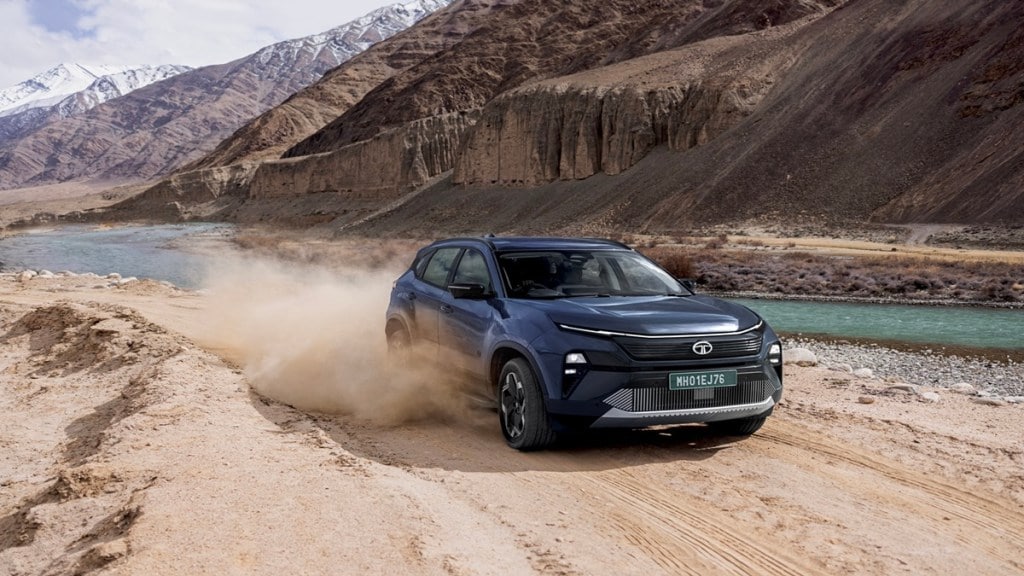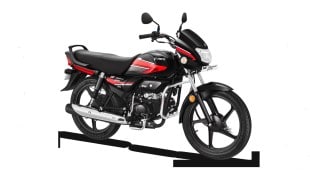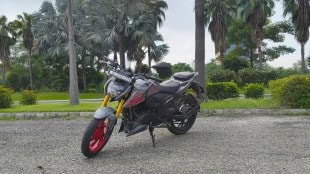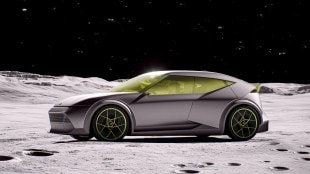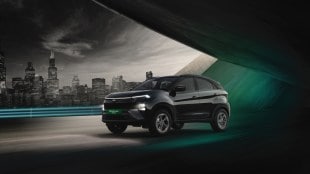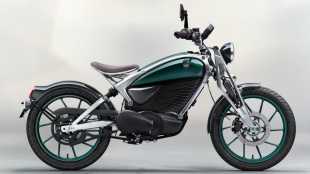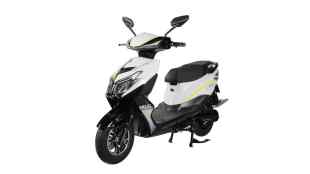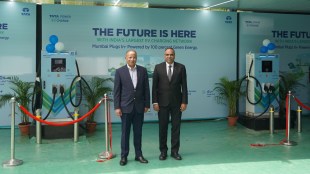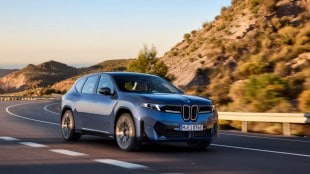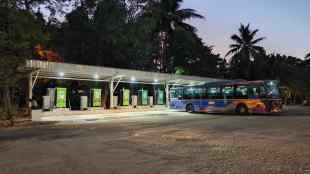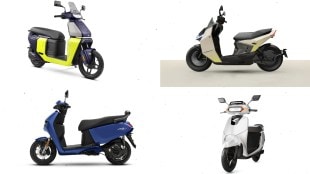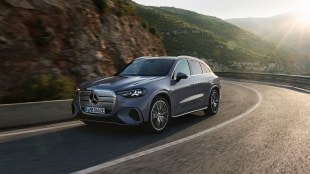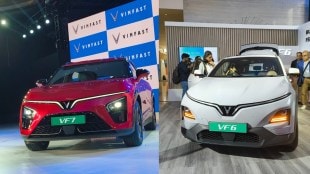The Harrier EV – Tata Motors’ flagship electric car launched this week – can accelerate from 0-100 km/h in just 6.3 seconds (with the Boost Mode in the AWD variant). That makes it one of India’s fastest-accelerating cars, but is it the quickest made-in-India car?
That depends on how you define ‘made in India’.
Quickest cars in India
The Porsche Taycan Turbo electric, priced Rs 2.69 crore, ex-showroom, can accelerate from 0-100 km/h in just 2.7 seconds, and is the quickest car in India.
A close second is Lamborghini Revuelto – a hybrid – which goes from 0-100 km/h in 2.8 seconds, but is priced a hefty Rs 8.89 crore.
At the third position is the Mercedes-AMG GT coupé – a plug-in hybrid – which can accelerate from 0-100 km/h in 2.9 seconds, and is priced Rs 3.34 crore.
At the fourth rank is the Porsche 911 Carrera 4 GTS – with a petrol engine – which can accelerate from 0-100 km/h in 3 seconds, and is priced Rs 2.83 crore.
The fifth position is taken up by an electric – the Audi RS e-tron GT, which can go from 0-100 km/h in 3.3 seconds, and is priced Rs 2.04 crore.
Quickest made-in-India car
If ‘assembled in India’ is the same as ‘made in India’, then the BMW 3 Series M340i is the fastest such car. Assembled from imported components and parts at the BMW Group Plant Chennai, the M340i accelerates from 0-100 km/h in 4.4 seconds, and is priced Rs 75.9 lakh.
But among fully made-in-India cars – with most parts sourced from suppliers within India – the Harrier EV is, indeed, the fastest such car. It is followed by the Mahindra BE 6 (0-100 km/h in 6.7 seconds), Mahindra XEV 9e (0-100 km/h in 6.8 seconds), and Hyundai Creta Electric (0-100 km/h in 7.9 seconds).
Beyond speed and power, the Harrier EV has introduced many ‘firsts’ for a Tata car. It’s the first Tata car to get two electric motors (other Tata EVs have a single motor), the first with automatic parking and auto summon, and the first with a digital IRVM with dashcam.
It’s available in 65-kWh and 75-kWh battery variants, with prices starting at Rs 21.49 lakh.
